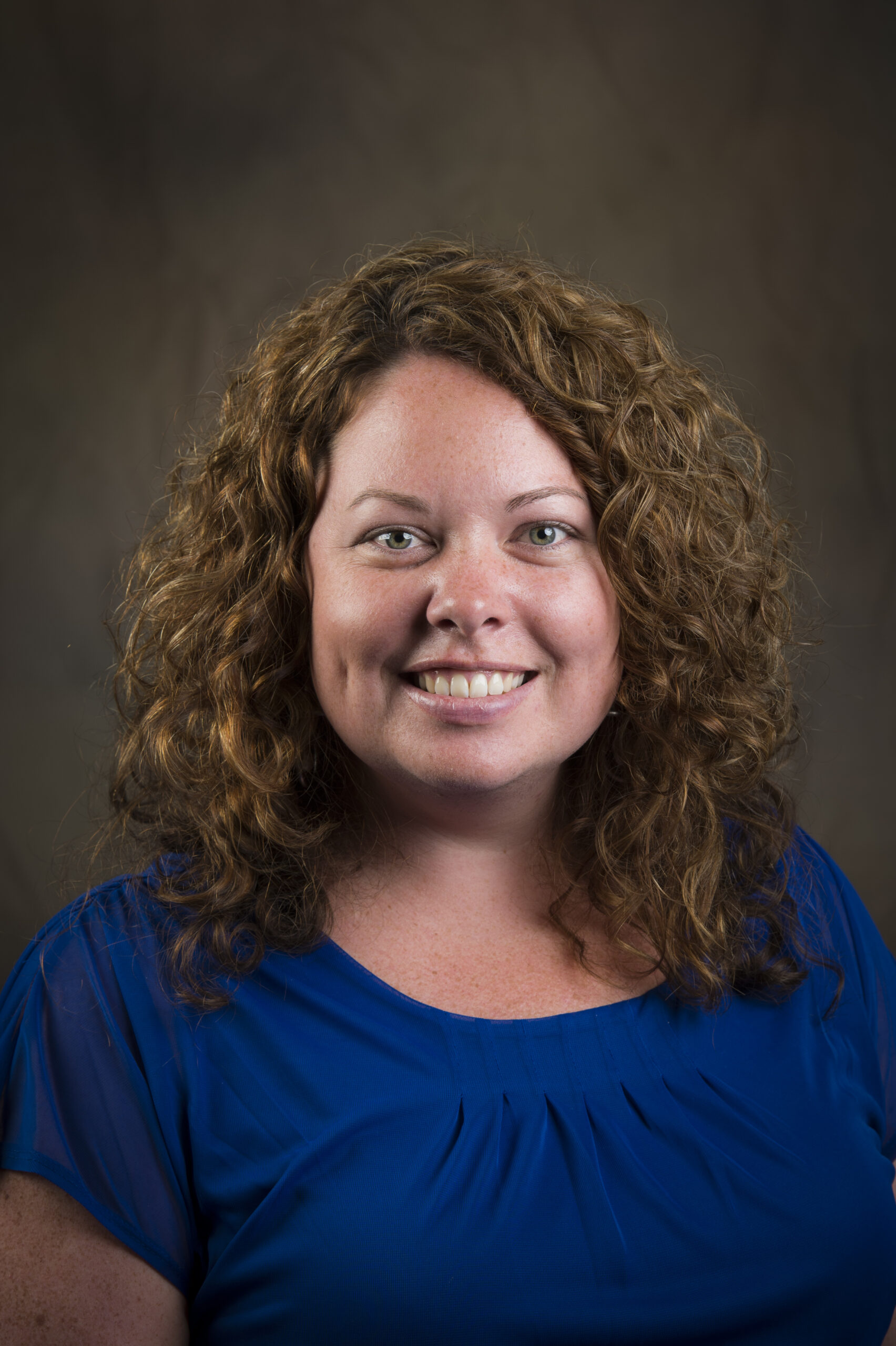About Krissy
About Krissy
About Krissy

My journey into counseling began with a deep interest in people’s stories and a desire to support growth and healing. I’m a Licensed Professional Counselor (LPC – C6893) with the Oregon Board of Licensed Counselors and Therapists (OBLCT), holding a master’s degree in Clinical Mental Health Counseling from George Fox University and a bachelor’s degree in Gender Studies from Whitman College.
I have experience providing individual and family counseling for children, adolescents, and adults. My goal is to create a welcoming, empathetic, and confidential space where you feel safe to explore challenges and take steps toward meaningful change.
Finding the right mental health provider can feel overwhelming. Since the therapeutic relationship is one of the most important predictors of success in therapy, I want to help you feel comfortable by sharing a little about who I am beyond my credentials.
Outside of work, I enjoy floating down the river on warm summer days and curling up with a good book when it rains. Game nights with family and friends—filled with laughter and friendly competition—are some of my favorite ways to connect. My husband and I love to hike and feel lucky to live in the Pacific Northwest, where the mountains and ocean are always within reach. Purple and teal—my “Krissy colors”—pop up often in my life, and I’m always excited to explore new places and experiences.
Thank you for taking the time to get to know me. Wherever you are on your journey, I’d be honored to walk alongside you. If you’re ready to begin or simply want to learn more, I’d love to connect.
My Approach
My therapeutic perspective is client-centered and strengths-based, meaning you, as the expert on your story, will set the pace for your healing. I utilize an integrated approach that incorporates various therapeutic theories and techniques, providing frameworks to explore your strengths, thoughts, feelings, behaviors, and relationships.
Restoration Therapy helps clients identify how violations of love and trust in key relationships contribute to issues of identity and safety. Together, we will explore your responses to pain and develop new strategies to enhance your self-beliefs and foster healthy relationships.
Interpersonal Neurobiology examines how relational experiences across our lifespan continuously shape and develop the brain. We can use this knowledge to create healthier patterns in our responses and relationships.
Cognitive Behavior Therapy focuses on the interplay between thoughts, feelings, and behaviors, assisting clients in identifying unhelpful patterns and developing effective coping strategies.
Dialectical Behavior Therapy offers strategies to help clients stay present, navigate distressing experiences, cope with difficult emotions, and improve relationships.
Collaborative Problem Solving is often used in child and family therapy, aiming to help clients shift their mindset about challenging behaviors, strengthen lagging skills, and develop effective problem-solving strategies.
